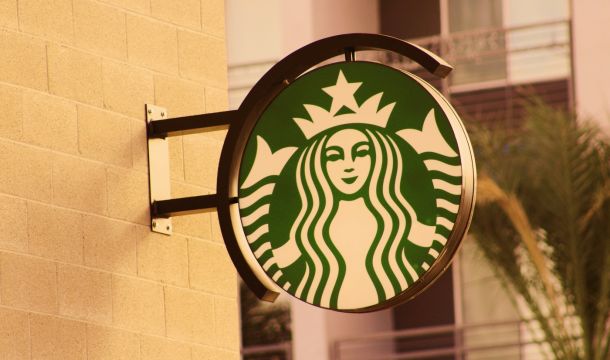NLRB Sets Forth New Standard for Judging Legality of Handbook and Other Employer Policies
Employers have been long awaiting the Biden National Labor Relations Board's (NLRB's) view of what types of employer handbook and other policies are lawful, and what types are overbroad and thus unlawful. On August 2, 2023, the Board announced the new Biden NLRB policies in Stericycle, Inc., adopting a new legal standard to decide whether an employer's work rules that do not expressly restrict employees' protected activity are nevertheless facially unlawful. The new standard basically states as follows: If a rule has a reasonable tendency to interfere with employees' exercise of Section 7 protected activity, such a showing establishes a presumption of unlawfulness. An employer may rebut the presumption by showing that the rule has a legitimate and substantial business interest and that the employer is unable to advance that interest with a more narrowly tailored rule. Thus, employers can only maintain workplace policies so long as they are narrowly tailored to "advance legitimate and substantial business interests," and they must also minimize the risk of interfering with workers' rights to act collectively.
Employers should understand how the NLRB will apply the new standard. First, the standard will be applied to interpret the employer's policy from the perspective of an economically dependent employee (a lay person, not a lawyer), who contemplates engaging in a Section 7 activity. Second, the coercive interpretation of the employer's policy need not be its only reasonable interpretation to be unlawful. In other words, ambiguous rules are properly construed against the employer.
Another way of defining the situation is that the party drafting the work rules - the employer - must narrowly tailor its rules to promote only its legitimate and substantial business interests while not burdening employee rights.
In its 3-1 ruling, the majority concedes that the ruling results in a need for a "case-specific justification" of an employer rule. That is, employer rules will have to be considered in the context of the particular language of the rule in the context of a particular employer. The NLRB will therefore not only examine the specific wording of the rule, but also the specific industry and workplace context in which it is maintained, the specific employer interests it may advance, and the specific statutory right it may infringe. The Board hopes that its case-by-case approach will eventually result in more clarity and predictability for the parties, while many employers will be discouraged by the lack of current clarity. An example of the effect of such limitations, issued around the time of the Stericycle ruling, is an administrative law judge (ALJ) ruling finding unlawful the following Starbucks' rule: "The partners are expected to communicate with other partners and customers in a professional and respectful manner at all times. The use of vulgar or profane language is not acceptable." The NLRB ALJ found that while Starbucks' interest in upholding basic standards of civility is a legitimate interest, the rule was overly broad, vague, and susceptible to application against legally protected activity. Thus, the ALJ found the rule could chill legitimate activity workers might construe to be disrespectful. The case illustrates the need for the legal review that employers should make of their handbook and indeed other employer policies.
Anyone wishing for such a handbook or policy review may contact the firm here.
This article is part of our September 2023 Newsletter.
View newsletter online
Download the newsletter as a PDF
Related Content
Get Email Updates

TPS Update (as of 2/6/2026)

Job Interviews Can Be a Good Selection Device

Suggestions on How to Diffuse a Tense Situation

Employers Blame Unions for Recent Shutdowns

$27 Million Verdict against Employer on Disability Discrimination over Refusal to Return Employee to Work


